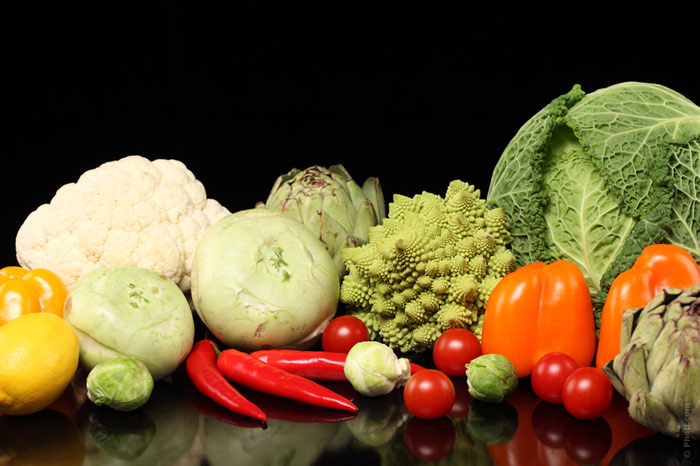
Excessive consumption of broccoli and other cabbage causes a malfunction of the thyroid gland.
Broccoli Health Benefits
Broccoli is considered a leader in the beneficial properties of vegetables. It contains antioxidants, has anti-inflammatory properties and, in addition, can reduce the risk of breast and ovarian cancer and protect from many other types of cancer. The same applies to other kinds of green vegetables: lettuce, kale, Brussels sprouts.
How Can Green Veggies Harm Your Health?
If you eat green cruciferous vegetables very often, it can harm your health. Dietitians and nutritionists believe that eating green leafy vegetables can lead to hypothyroidism. Hypoactivity, or hypothyroidism, means inadequate thyroid function – a condition in which the body lacks thyroid hormones that regulate almost all aspects of metabolism in adults and are responsible for normal growth and timely puberty in adolescents.
Pros of Eating Green Vegetables
Professor of dietetics and nutrition at the Harvard School of public health, Teresa Fung, explained in an interview with WBUR that normal amount of edible green vegetables does not cause any problem. It is huge doses that bring harmful effect to the thyroid gland, and not the use of any green vegetables. If a person already has hypothyroidism or takes drugs for the correction of the thyroid gland, it is necessary to consult a doctor: can he/she eat cruciferous vegetables and various kinds of cabbage? In this case, a little salad and several portions per week should not harm.
How to Cook Kale Dishes?
Kale, or curly kale, is very popular among the fans of healthy lifestyle, fitness and diet in Europe and North America. To continue to receive the full benefits of cabbage and avoid side effects, it is required to cook it. While cooking, the substances contributing to hypothyroidism collapse. However, you should not overcook kale – steaming would be sufficient to preserve vitamins. This applies to kale and other types of cabbage from cruciferous vegetables: Brussels sprouts, cauliflower and broccoli.
Healthy Dietary Tips
Other possible recommendations include adding seaweed, Brazil nuts, and other products that contribute to the accumulation of iodine in the thyroid gland. At the same time, nutritionists have made a list of vegetables that do not increase the risk of disorders of the thyroid gland: zucchini and squash, celery, cucumbers, carrots and beets.




